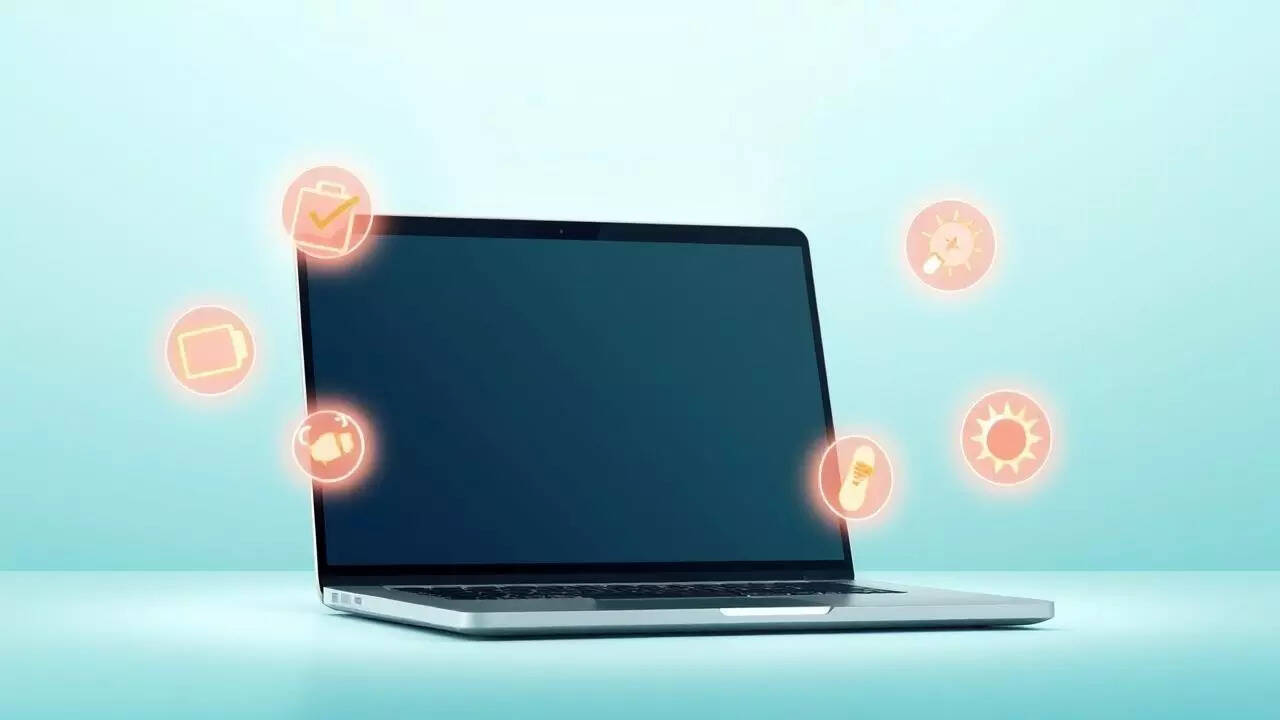How To Care For Your Laptop Battery And Prevent Early Damage
A laptop’s battery is its lifeline, powering everything from work meetings to entertainment. Yet, most users unknowingly damage it through careless charging habits and overuse. A well-maintained battery ensures smooth performance, longer backup, and a device that lasts years beyond its warranty. According to tech experts, following a few smart practices can prevent battery degradation, maintain efficiency, and even extend your laptop’s life.
According to experts, with the right habits, users can preserve up to 80% of their battery capacity even after three years, significantly improving device reliability.

Understanding How Laptop Batteries Work
Most modern laptops use lithium-ion or lithium-polymer batteries, known for their high energy density and recharge cycles. However, these batteries naturally degrade over time with every charge and discharge. Heat, overcharging, and poor maintenance accelerate this process. Knowing how these batteries function helps users adopt habits that slow down wear and tear and maintain battery health effectively.Avoid Constant Full Charging
A common misconception is that keeping the laptop charged at 100% improves battery life. In reality, lithium batteries last longer when maintained between 20% and 80% charge. Experts suggest unplugging the charger once it reaches around 80% and reconnecting when it drops below 30%. Continuous full charging generates excess heat and stress, which reduces overall battery capacity over time.Prevent Deep Discharges
Letting your laptop battery drain completely to 0% before recharging can harm its internal chemistry. Frequent deep discharges shorten the number of charge cycles available. Instead, plug in your charger when the battery reaches around 20%. Keeping a consistent mid-level charge balance helps stabilise voltage and preserves long-term battery efficiency.Keep The Laptop Cool
Heat is one of the biggest enemies of battery health. Always use your laptop on a hard, flat surface to ensure proper ventilation. Avoid placing it on soft materials like beds or cushions, which block airflow and trap heat. If you use your laptop for gaming or heavy tasks, consider using a cooling pad to prevent overheating. According to experts, maintaining a moderate temperature range between 20°C and 35°C can significantly extend battery life .Enable Battery Saver Mode
Most operating systems include a Battery Saver or Power Efficiency mode designed to reduce background activity and optimise energy use. Activating this feature during light tasks helps prevent unnecessary drain. It automatically adjusts screen brightness, system performance, and background processes to balance energy efficiency and productivity.Avoid Overheating During Charging
Charging generates heat, and when combined with multitasking or gaming, temperatures can rise quickly. Avoid using heavy applications while charging. Instead, close resource-intensive programs and allow the laptop to charge efficiently. This not only protects the battery but also ensures faster, safer charging.Calibrate Your Battery Occasionally
Battery calibration helps your system show accurate power readings. Over time, sensors may misjudge charge levels, leading to sudden shutdowns or incorrect percentage displays. To recalibrate, charge your laptop to 100%, let it cool, then use it until the battery reaches around 5–10%. Recharge again without interruption. Performing this every few months ensures your laptop reflects the true battery health and capacity.Store The Laptop Properly When Not In Use
If you’re not using your laptop for an extended period, avoid leaving it fully charged or completely drained. Store it with around 50% battery charge in a cool, dry place. Prolonged storage at full charge can cause swelling, while storing it completely empty can make the battery unstable. Experts recommend turning it on periodically to maintain power flow and prevent cell stagnation.Keep Software And Drivers Updated
Manufacturers frequently release firmware updates to optimise power management and improve battery efficiency. Keeping your BIOS and system drivers up to date ensures smoother charging cycles and balanced power distribution. Updated systems also help reduce background energy consumption, making every charge last longer.Limit Background Applications
Unnecessary background programs drain battery life even when idle. Use the task manager to monitor active apps and disable those not required. Reducing brightness, turning off Bluetooth when not in use, and disconnecting external devices like USB drives also contribute to extended battery performance.Adopt Smart Charging Accessories
Always use the original charger and cable supplied with your laptop. Cheap or third-party chargers may not regulate voltage properly, potentially damaging the battery. Surge protectors can also safeguard against power fluctuations during charging, ensuring stable energy flow and preventing overheating.The Importance Of Balanced Usage
Like most electronic components, laptop batteries thrive on balance. Neither constant charging nor complete discharge is ideal. Maintaining moderate charge levels, avoiding heat, and following proper maintenance routines ensure that your battery performs optimally for years.According to experts, with the right habits, users can preserve up to 80% of their battery capacity even after three years, significantly improving device reliability.
Next Story